Third Act
Gerry Wilson
 I came into the world loving stories.
I came into the world loving stories.
I’m still amazed that my parents allowed me to “write” in my books when I was a little girl. I still have my Winnie the Pooh books with my drawings and awkward attempts at cursive scrawled on the pages. I would have been three, maybe four. When I was a little older, In the very hot Mississippi summers, I loved our town’s dark, cool library where I could explore to my heart’s content. (Nobody ever told me I couldn’t read a book because it was too old for me.) I was eight years old when I wrote a “mystery” story that my dad passed on to his friend, a mystery buff.
When Daddy’s friend read the story and pronounced it good, I was so proud! But I settled in to write only what was required in school. It wasn’t until after I started teaching creative writing to high school students—I was pushing fifty—that I began writing fiction. I wrote my first short story for a summer teachers’ workshop, and that was a turning point. Over the years, I published stories here and there and, finally, a collection in 2015. The idea of writing a novel nagged me, but I couldn’t figure out how to go about it. And then my husband told me something wise: a novel is just a long story, he said. And I began to play around with stories that gave me room to expand.
The result? Over a period of ten years, three novels, two still “in the drawer.” Finding a publisher would turn out to be the hard part.
For a long time, I believed I needed a literary agent to land a big-name publisher; that would mean I was successful! Oh, the years of querying and rejection (and ghosting!) and heartbreak that ensued. A few years ago, I landed an agent for one of the novels, but I ignored the red flags: he didn’t require a contract or suggest revisions; his queries misrepresented the book; and he threw the manuscript indiscriminately at many editors to see if it might stick somewhere. After six months with only a nibble or two, he ended the relationship. I was devastated, and for almost two years, I wrote nothing.
My greatest regret in my writing life is that I allowed that experience to affect me so deeply. Slowly, though, the urge to write returned, and in the summer of 2021, during Covid, I pulled out the historical novel I’d begun ten years before that had never really let me go. Maybe that dormant period was what the book needed, because I saw revision opportunities I hadn’t seen before. When I felt the manuscript was ready, I decided there would be no more fantasies about agents and Big Five publishers. I researched independent (“small”) presses, reached out to authors of books I admired, published by those presses, and asked about their experiences. The rest, as they say, is history. In the fall of 2022, Regal House Publishing accepted my debut novel, That Pinson Girl, that released in February 2024. They have been wonderful to work with.
When I signed the contract to publish That Pinson Girl, I had just turned 80. I had become convinced, not without some bitterness, that ageism was rampant in the marketplace. There must be a conspiracy, I’d thought, especially against older women writers. But I’ve discovered there are many of us in the book world—authors like me who started late or struggled for a lifetime to see their words in print.
A few of the hard lessons I learned:
- Rejections are inevitable. Never let rejection destroy your faith in your work. (But if a piece meets many rejections, look for what’s holding it back.)
- Build realistic expectations. Don’t most of us fantasize about a dream agent and book contract? Absolutely, dream big, but there’s no shame in adjusting goals. Publishing with an indie press can be exactly the right path—a path that’s becoming more and more popular, for good reasons.
- Don’t fall into the trap of believing you’re “too old.” A little story: when I was forty and coming out of a painful divorce, I decided to get a master’s degree in social work, but when I told my therapist the plan, he said I was too old. The field was already over-crowded; I could never make a go of it. The sad part is that I believed him. I turned to teaching instead which, as it turns out, may have been the better path since it led me to writing. How sad, though, that at forty, I absorbed that negative “advice” so completely. The book market is richer because we older authors are bringing wisdom and experience to the page. We—especially we women—have to be strong. We have to believe in ourselves.
Now here I am, well into what I call my third act. I prefer not to call it my last!
What’s next? Finishing a story collection, and maybe a sequel to That Pinson Girl. Revising another novel. I’ll confess that sometimes I fret there may not be enough time to see another book through to publication. But what if there is? For whatever time remains, I have work to do! That’s true for all of us, regardless of age.
—
Gerry Wilson’s debut novel, THAT PINSON GIRL, was published by Regal House Publishing in February 2024. Told against the backdrop of the deprivation of World War I, the tragedies of the influenza epidemic, and the burden of generations of betrayals, THAT PINSON GIRL unfolds in lyrical, unflinching prose, engaging timeless issues of racism, sexism, and poverty.
A seventh-generation Mississippian and a child of the hill country she writes about in THAT PINSON GIRL, Gerry Wilson came of age during the turbulent civil rights era. Her short fiction collection, CROSSCURRENTS AND OTHER STORIES, was nominated for the Mississippi Institute of Arts and Letters Fiction Award. Her short fiction has appeared in numerous journals.
THAT PINSON GIRL
BUY HERE
Category: How To and Tips

 In a bleak Mississippi farmhouse in 1918, Leona Pinson gives birth to an illegitimate son whose father she refuses to name, but who will, she is convinced, return from the war to rescue her from a hardscrabble life with a distant mother, a dangerous brother, and a dwarf aunt. When, instead, her lover returns with a wife in tow, her dreams are shattered. As her brother’ s violence escalates and her aunt flees, Leona must rely on the help of Luther Biggs, the son of Leona’ s grandfather and one of his former slaves, to protect her child. Told against the backdrop of the deprivation of World War I, the tragedies of the influenza epidemic, and the burden of generations of betrayal, That Pinson Girl unfolds in lyrical, unflinching prose, engaging the timeless issues of racism, sexism, and poverty.
In a bleak Mississippi farmhouse in 1918, Leona Pinson gives birth to an illegitimate son whose father she refuses to name, but who will, she is convinced, return from the war to rescue her from a hardscrabble life with a distant mother, a dangerous brother, and a dwarf aunt. When, instead, her lover returns with a wife in tow, her dreams are shattered. As her brother’ s violence escalates and her aunt flees, Leona must rely on the help of Luther Biggs, the son of Leona’ s grandfather and one of his former slaves, to protect her child. Told against the backdrop of the deprivation of World War I, the tragedies of the influenza epidemic, and the burden of generations of betrayal, That Pinson Girl unfolds in lyrical, unflinching prose, engaging the timeless issues of racism, sexism, and poverty.


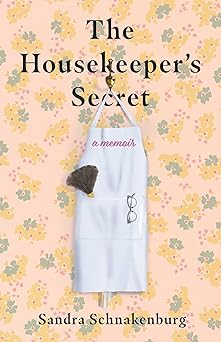






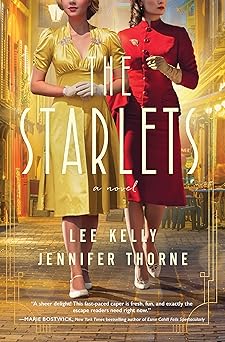
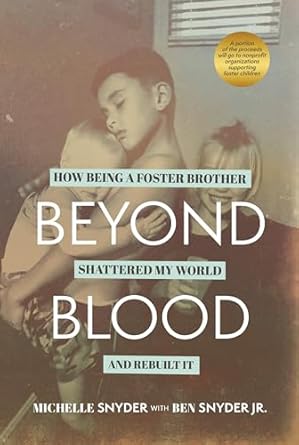
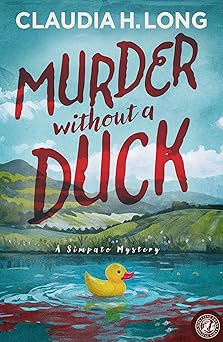
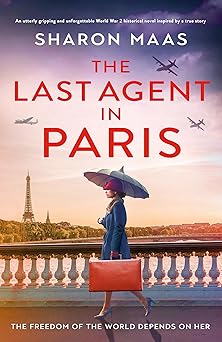
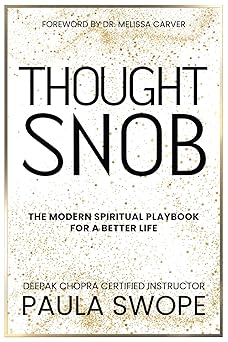
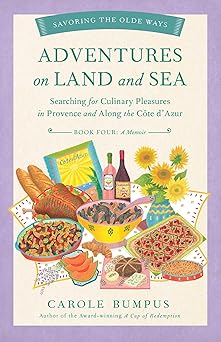
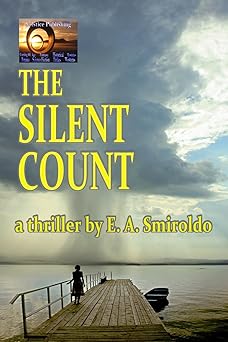
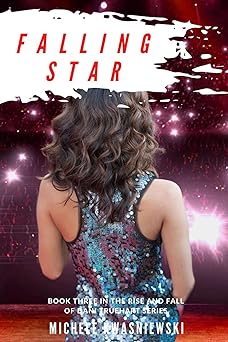

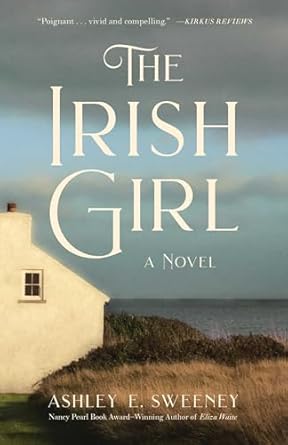
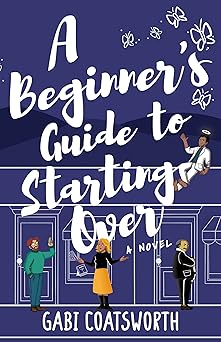
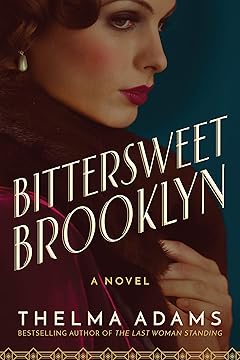

I understand the old part! Seems like with the time to do something now the energy is just not there. But we must keep keeping on if even for a little bit of writing time. Or playing our music too. Love your insights.
Wonderful article and inspiring! Thanks for sharing your journey with us!